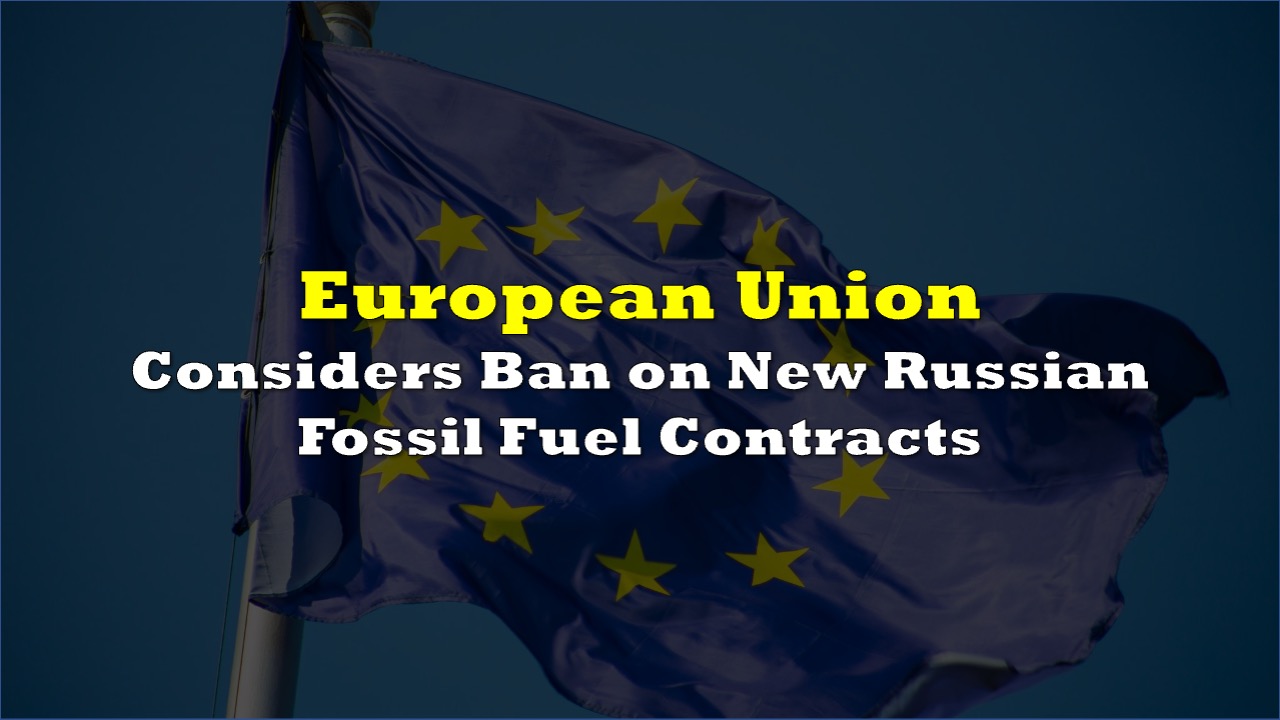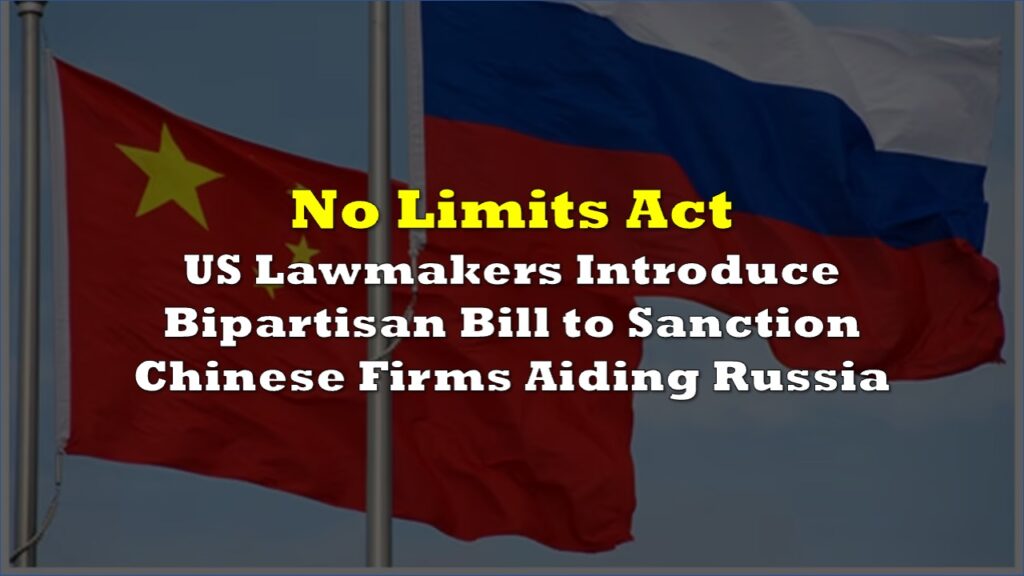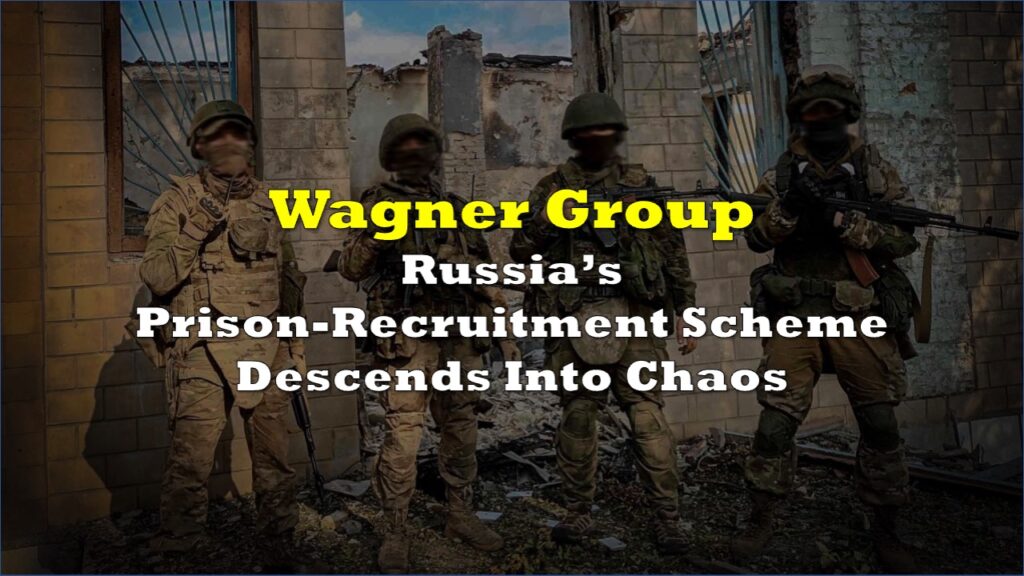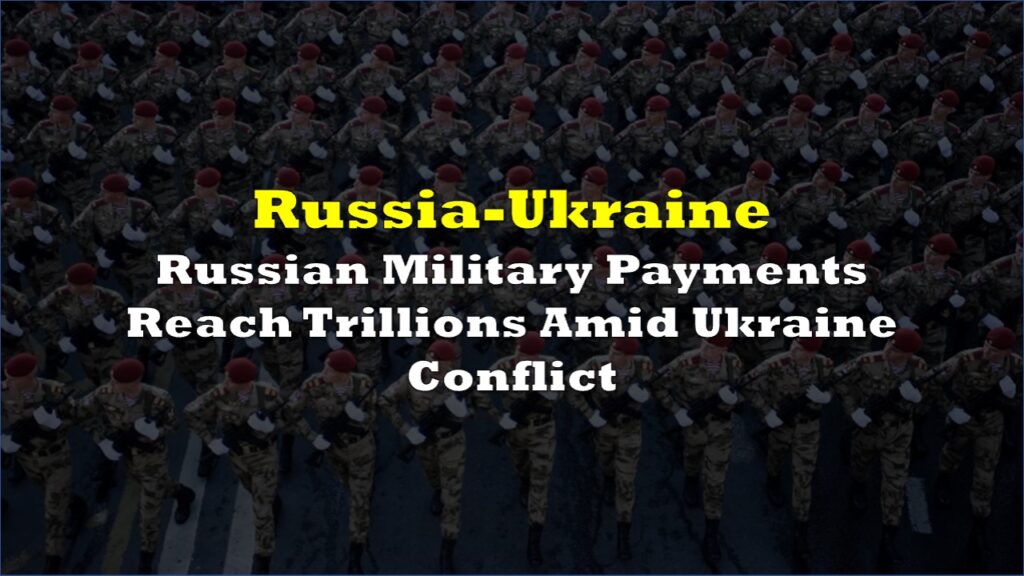European Commission officials are working on potential rules that could block EU companies from entering new contracts for Russian fossil fuels, a senior EU official told Reuters.
The proposal forms part of broader efforts to decrease reliance on Russian energy sources, alongside developing legal frameworks allowing companies to terminate existing gas supply agreements without financial penalties.
“The Commission is looking at options – potentially including EU trade measures – that could forbid European companies from entering into new contracts for Russian fuel,” the official, who requested anonymity, said.
According to Commission sources, the initiative primarily focuses on European firms’ spot market purchases of Russian LNG. The proposed restrictions will be included in a broader strategic document on reducing Russian energy dependence set for publication on May 6.
EU data show that although pipeline gas imports from Russia have significantly reduced following the 2022 invasion of Ukraine, European purchases of Russian LNG have actually risen. Russia currently provides approximately 19% of all gas and LNG consumed in the EU.
Officials emphasized that any new restrictions must impact Russia more severely than European markets, with careful consideration given to energy security concerns and consumer prices.
Should the Commission move forward with these proposals, they would require approval from both the European Parliament and a strong majority of EU member states.
The energy export sector represents a crucial revenue stream for Russia’s government budget. Through the proposed contract ban, EU policymakers hope to restrict one of Moscow’s primary sources of hard currency.
Financial analysis shows Russia received EUR 21.9 billion from fossil fuel sales to the EU during the third year of its invasion, exceeding the financial assistance provided to Ukraine in the same period. Globally, Russia’s fossil fuel revenues reached €242 billion, with exports redirected to markets in China, India, and Türkiye.
The situation changed significantly on January 1, 2025, when Ukraine stopped all Russian gas transit to European markets, citing security issues and the end of its transit contract with Russia. This forced EU countries to accelerate alternative supply arrangements through LNG facilities and infrastructure improvements.
Information for this story was found via the sources and companies mentioned. The author has no securities or affiliations related to the organizations discussed. Not a recommendation to buy or sell. Always do additional research and consult a professional before purchasing a security. The author holds no licenses.









